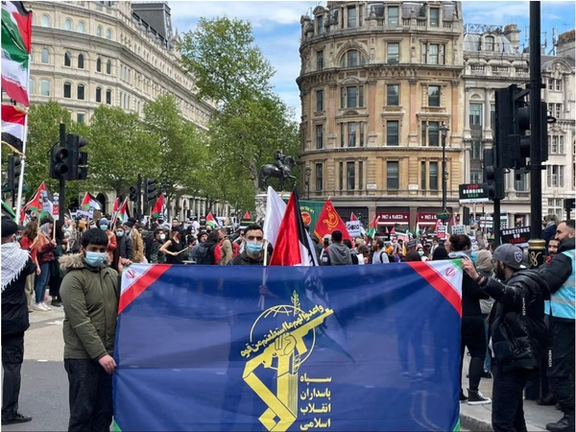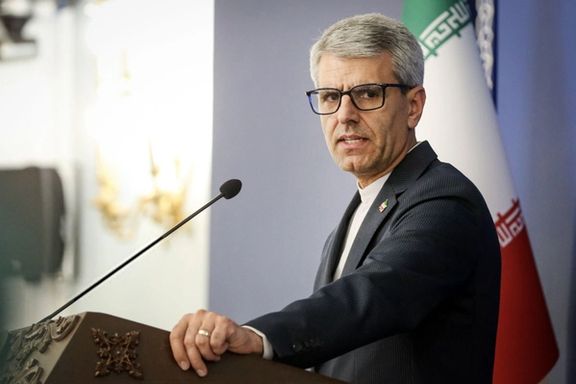British Foreign Secretary David Lammy’s high-level meetings with Omani officials on April 27—just one day after Iran and the United States held indirect talks in Rome under Omani mediation—underscored the United Kingdom's efforts not to remain a bystander in one of the region’s most consequential diplomatic processes.
The UK was also set to meet Iranian officials along with France and Germany on May 2 just before the planned fourth round of US-Iran talks in Rome. However, that meeting was canceled following the postponement of the latest round of Tehran-Washington negotiations. No further plans have been announced yet.
The UK or any of the other signatories to the 2015 nuclear deal (JCPOA) has until October to activate the JCPOA’s so-called snapback mechanism which would reimpose all UN sanctions on Iran.
Lammy had already signaled alignment with Washington in late March, expressing a shared commitment to ensuring Iran "never develops or acquires a nuclear weapon." On April 15, he also discussed Iran’s nuclear program with Israeli Foreign Minister Gidon Saar during a meeting in London.
Iranian nationals, terror charges
Meanwhile, the diplomatic backdrop was further complicated by a counter-terrorism operation in the UK. On May 4, British police arrested seven Iranian nationals on terrorism-related charges in two separate operations.
Iran’s foreign ministry and state television have remained silent on the arrests. While some domestic outlets cautiously reported the news by citing international coverage, they refrained from offering analysis or commentary. In contrast, the hardline Quds daily responded swiftly and critically on Monday.
In a commentary titled “Security Dossier to Disguise Diplomatic Blackmail,” Quds accused the UK of exploiting the arrests for political leverage in the nuclear talks. “The latest move comes at a time when indirect nuclear talks between Tehran and Washington are taking place, and in this context, London's decision seems meaningful.”
Tehran-based analyst Sohrab Sadreddin quoted in the piece suggested that the arrests were intended as a signal to the US—especially Trump-aligned factions—that Iran remains a strategic threat to the West.
Sadreddin added that Britain, France and Germany are keen to be included in any future agreement between Washington and Tehran: "If an agreement is to be reached, Europe must also be included in it.”
Adding another layer of complexity and pointing to the recent arrest of two British nationals in Iran, the commentary also raised suspicions about a possible prisoner swap strategy.
In January, Iran detained a British couple in Kerman in southern Iran. The couple in their early 50s, Craig and Lindsay Foreman, were on an around the world motorbike tour through Iran. Iran's judiciary in February accused the Foremans of espionage.
The Foremans are not the only UK-linked detainees in Iran. Mehran Raouf, a 68-year-old British-Iranian labor activist, has been imprisoned since October 2020. He is currently serving a 10-year sentence on charges related to national security offenses.
Iran, which does not recognize dual nationality, has a long history of detaining dual citizens and foreigners on security-related charges, often using them as bargaining chips in its dealings with Western powers, including Britain.
In April 2022, British-Iranian nationals Nazanin Zaghari-Ratcliffe and Anoosheh Ashouri -- both accused of espionage -- were released following Omani mediation, after Britain settled a long-standing £400 million debt owed to Iran.






